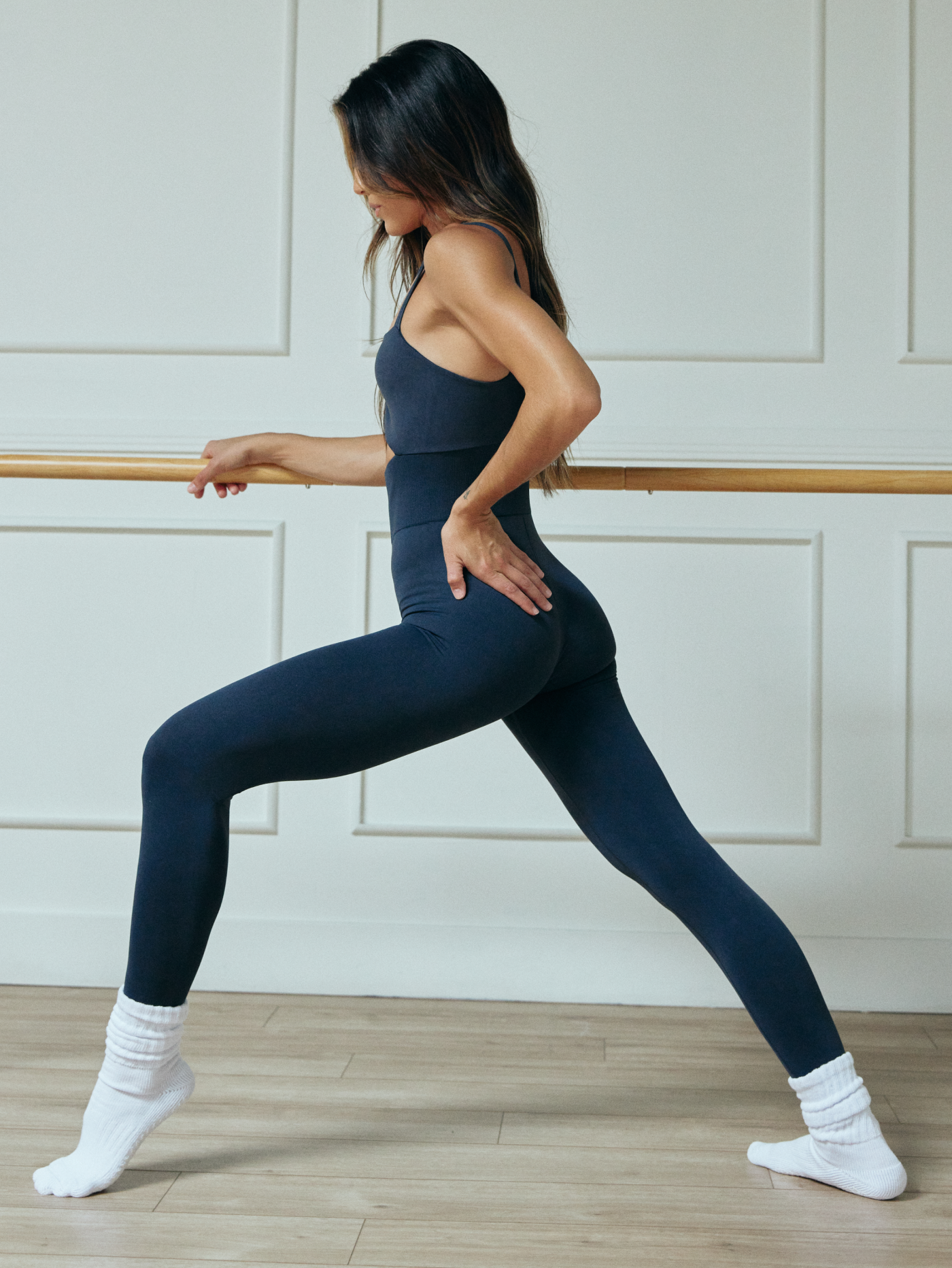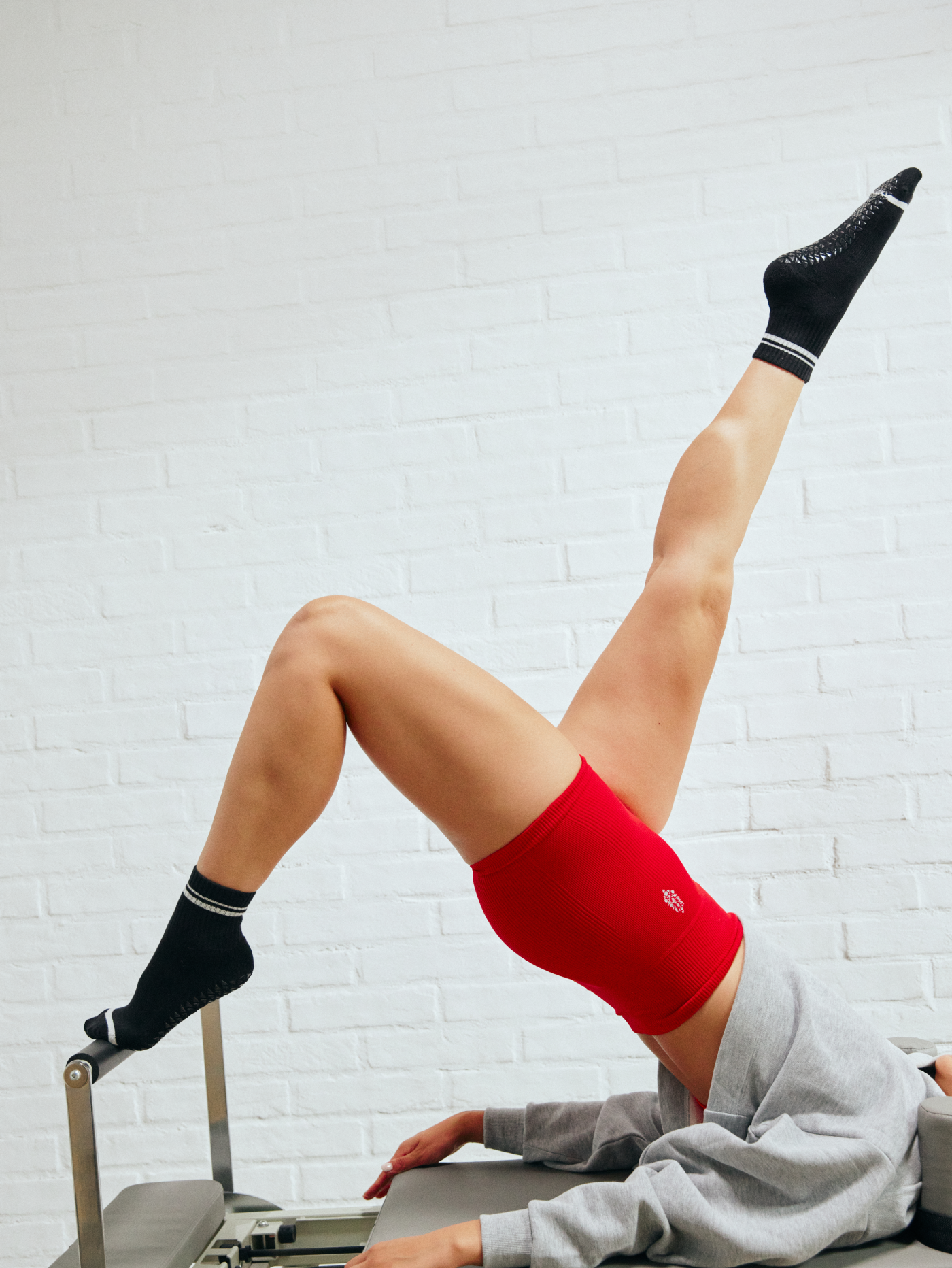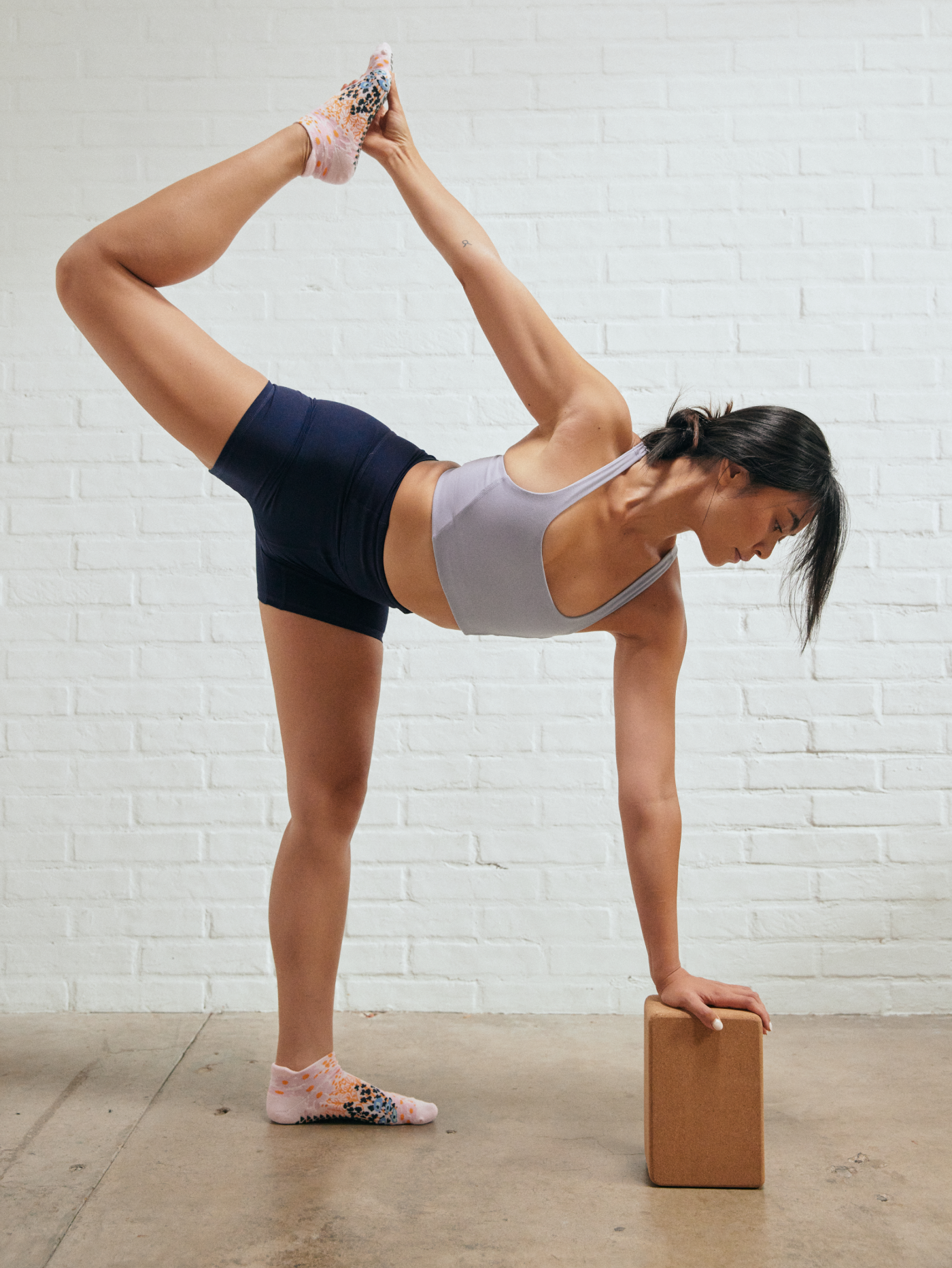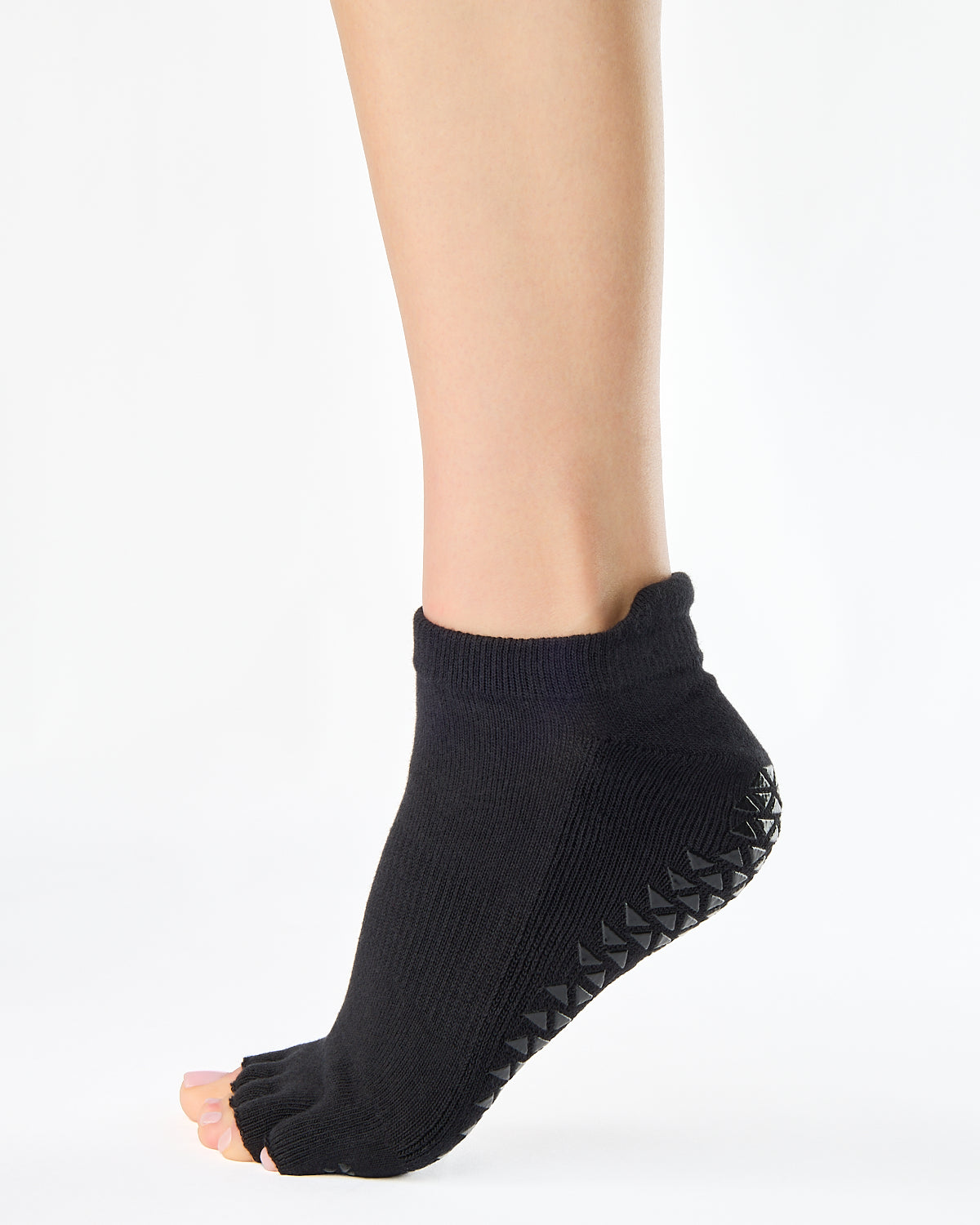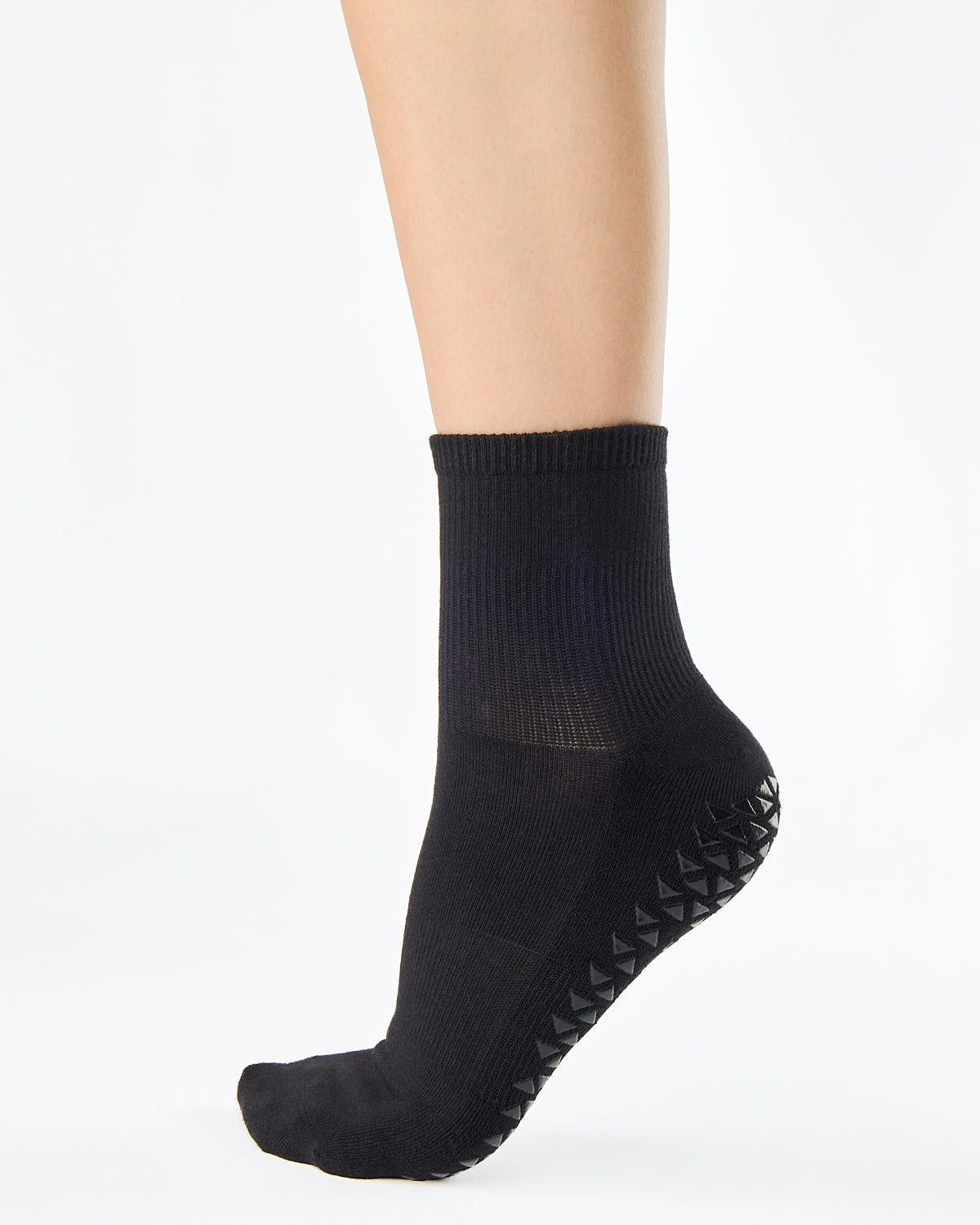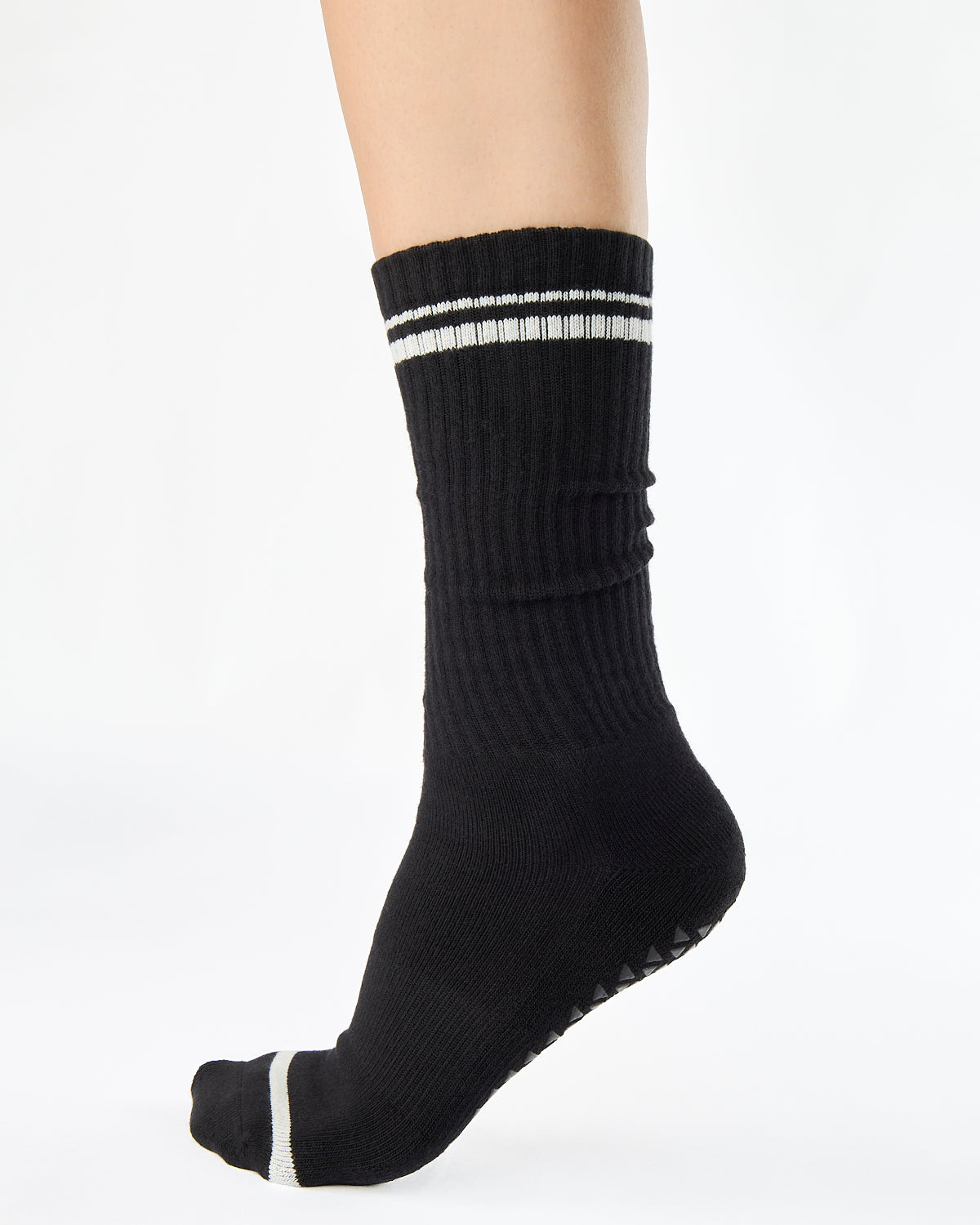
shop by length

New on the Blog
Self-Love Ritual: Ground, Move, Reset
We’re here to support the ritual behind your movement. Self-love lives in the small, consistent choices the Pilates class you commit to, the grounding breath before barre, the reset after...
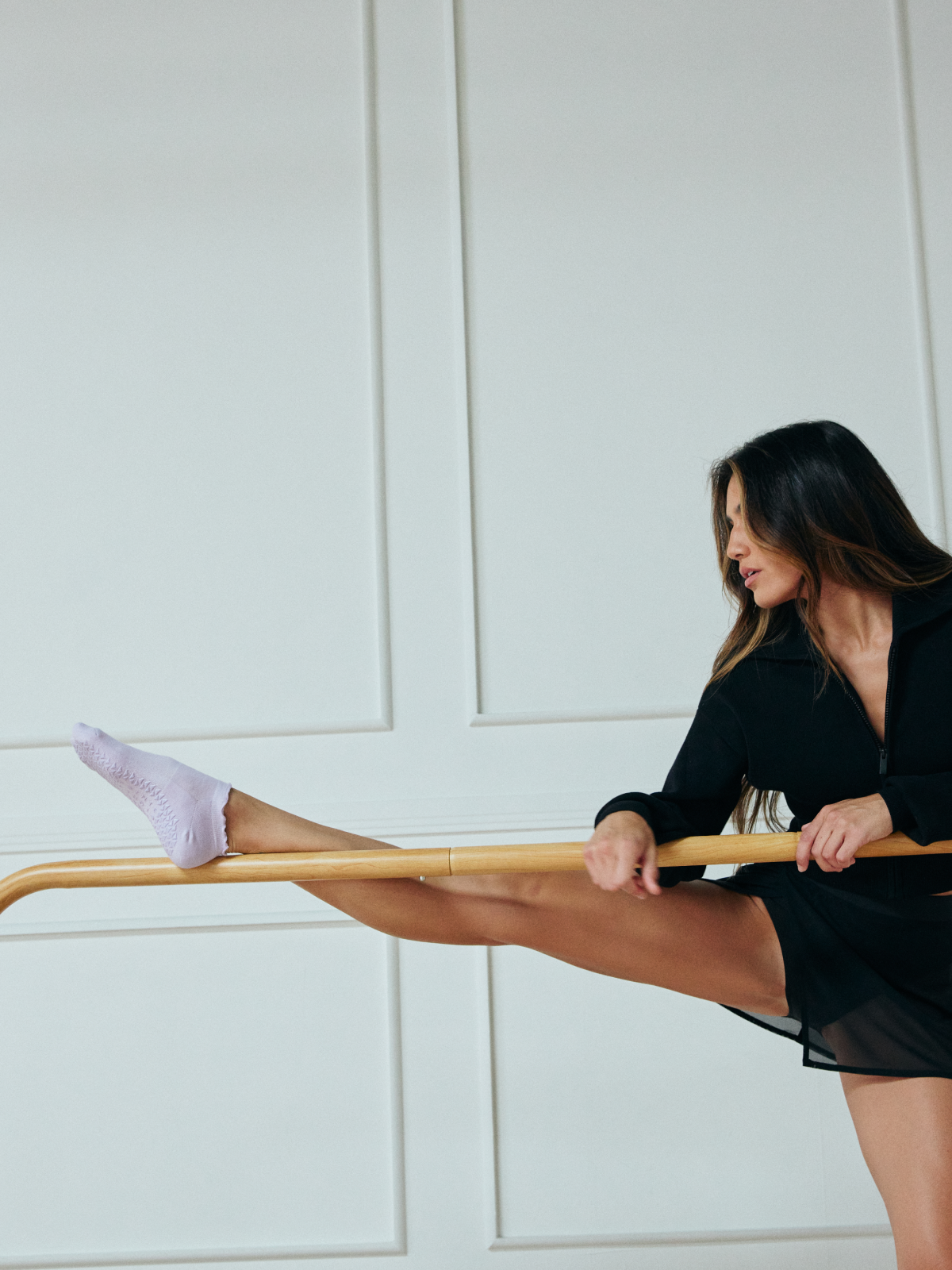
Featured Post
Why Grip Socks Are Essential for Pilates, Barre & Yoga
As workout practices like Pilates, barre, and yoga continue to grow in popularity, so does the conversation around how to approach them. Especially when it comes to what, or...
grip socks for pilates, barre, yoga and beyond.
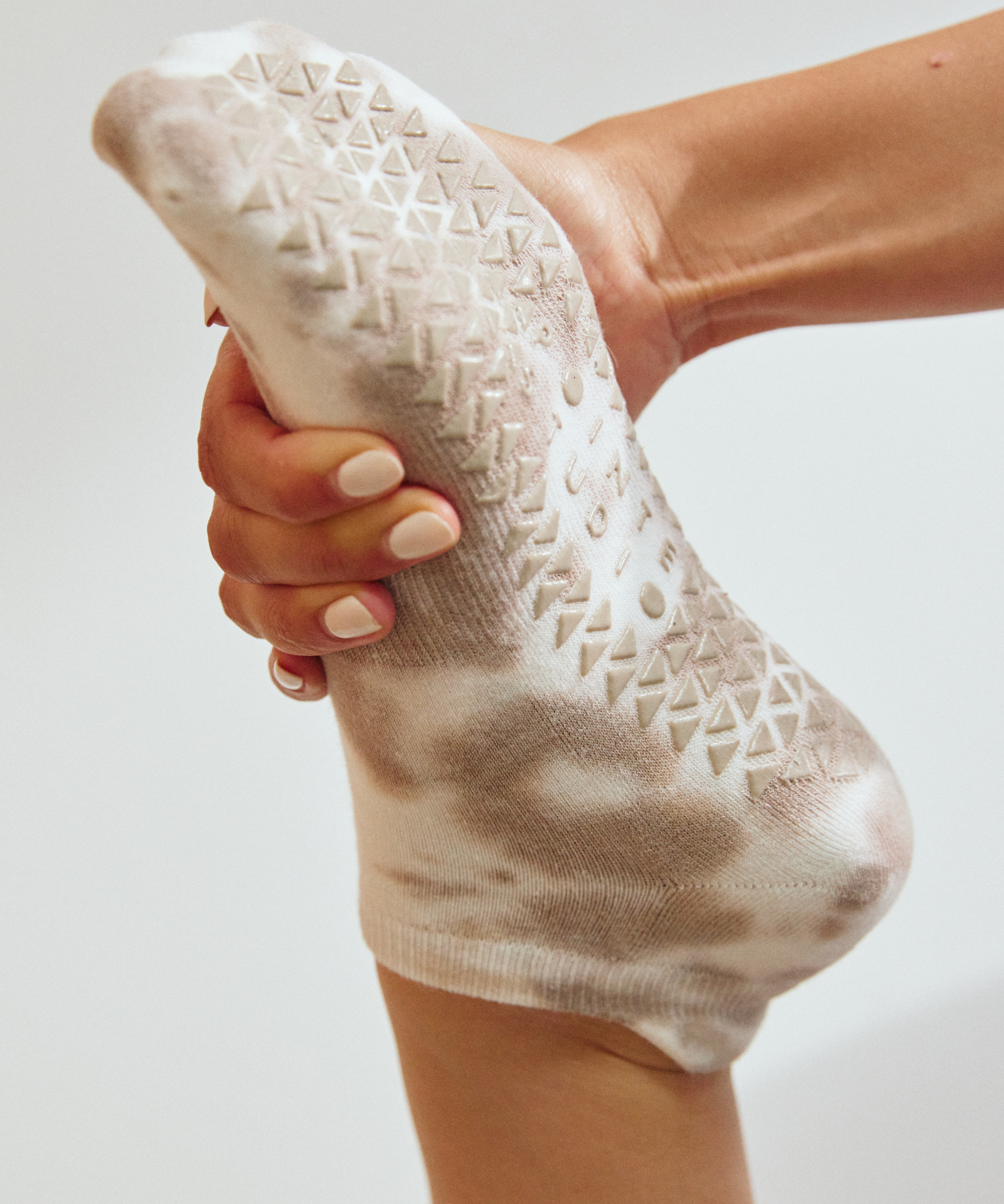
“"There’s a sock to match every outfit or mood, and you won’t slip on the reformer."
”


“"Game Changer.
Unlocked a whole new world for me; Going back to restock as these have replaced my slippers in the house, as well as joined me in both my yoga and barre practice."
”


